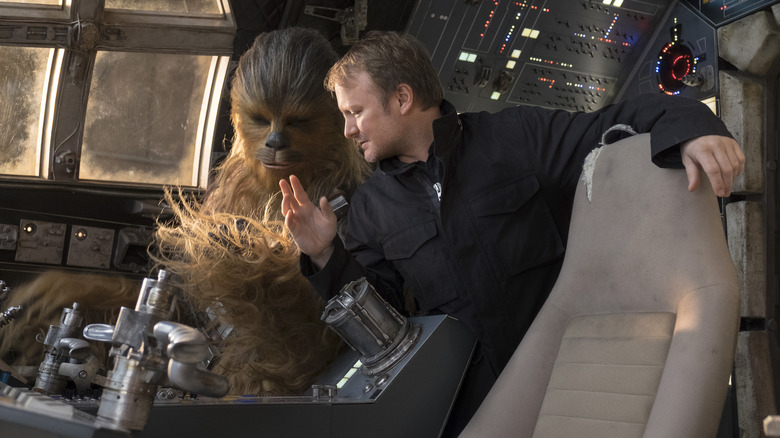A New Perspective on “Star Wars” and the Sequel Trilogy
The internet has always had a soft spot for drama, and few franchises have delivered more of it in recent years than “Star Wars.” While the DC Extended Universe (DCEU) under Zack Snyder might be an exception, “Star Wars” has consistently been a hotbed of controversy, especially when it comes to its sequel trilogy. The release of “The Last Jedi” in 2017 was no different. Fans were divided, with some appreciating its bold storytelling and emotional depth, while others felt it strayed too far from the expectations set by “The Force Awakens.”
For those who saw the film as a love letter to the franchise, Rian Johnson’s approach was clear: he wanted to explore themes of legacy and the weight of the past. However, for many fans, the movie felt like a departure from what they expected. This tension only grew when “The Rise of Skywalker” arrived just two years later, bringing with it a series of narrative choices that left even more questions.
One of the most controversial elements was the sudden retcon involving Supreme Leader Snoke and his connection to Emperor Palpatine. Another was the reversal of Rey’s character arc, where she was revealed to be the granddaughter of the galaxy’s most feared leader. These changes sparked intense debate among fans and critics alike, leading many to wonder if director J.J. Abrams had taken a page from the fan backlash against “The Last Jedi.”
Rian Johnson’s Thoughtful Take
Despite these controversies, Rian Johnson has remained remarkably open-minded about the direction of the sequel trilogy. In fact, he recently spoke about his experience watching “The Rise of Skywalker” in an interview with Rolling Stone critic Alan Sepinwall. Johnson emphasized that his perspective on the film was shaped by his own creative process, which he views as a continuous evolution rather than a fixed path.
“When I saw ‘The Rise of Skywalker,’ I had a great time watching it,” Johnson said. “This is all about point of view. I never approach this as territory I’m carving out for my own work. In my perspective, J.J. Abrams did the same thing with the third that I did with the second. It’s not about digging it up and undoing—it’s about telling the story the way that was most compelling going forward. That means not just validating what came before, but recontextualizing it and evolving as the story moves forward.”
Johnson also highlighted the collaborative nature of the project, noting that the film was made by people he respects and works with. He expressed no resentment toward the changes made in “The Rise of Skywalker,” instead focusing on the shared passion for the “Star Wars” universe.
A Healthy Approach to Creative Differences
In an industry where public disagreements often dominate headlines, Johnson’s measured response stands out. His comments suggest that while he may not agree with every decision made in the final film, he respects the creative choices of his colleagues. This kind of professionalism is rare, especially in the world of high-stakes filmmaking.
Johnson has since moved on from “Star Wars” and has found success with projects like “Knives Out” and “Poker Face.” Both of these ventures have allowed him to explore new creative directions, proving that his talent extends beyond the “Star Wars” universe.
Final Thoughts
While debates over “The Last Jedi” and “The Rise of Skywalker” continue to spark conversations, Rian Johnson’s perspective offers a refreshing take on the matter. His willingness to acknowledge the collaborative nature of filmmaking and his respect for the work of others sets a positive example for creators and fans alike.
For those interested in following the ongoing story of “Star Wars” and other major entertainment news, staying updated through reliable sources is key. Whether through interviews, reviews, or behind-the-scenes insights, there’s always something new to discover in the world of film and television.






